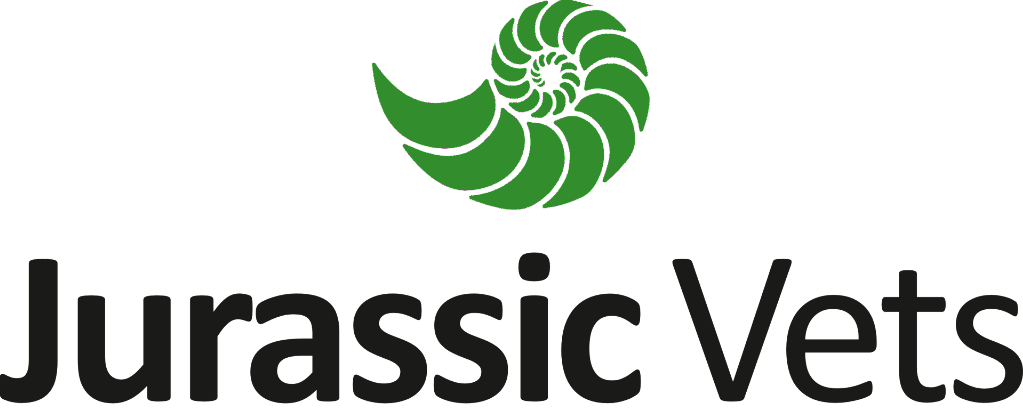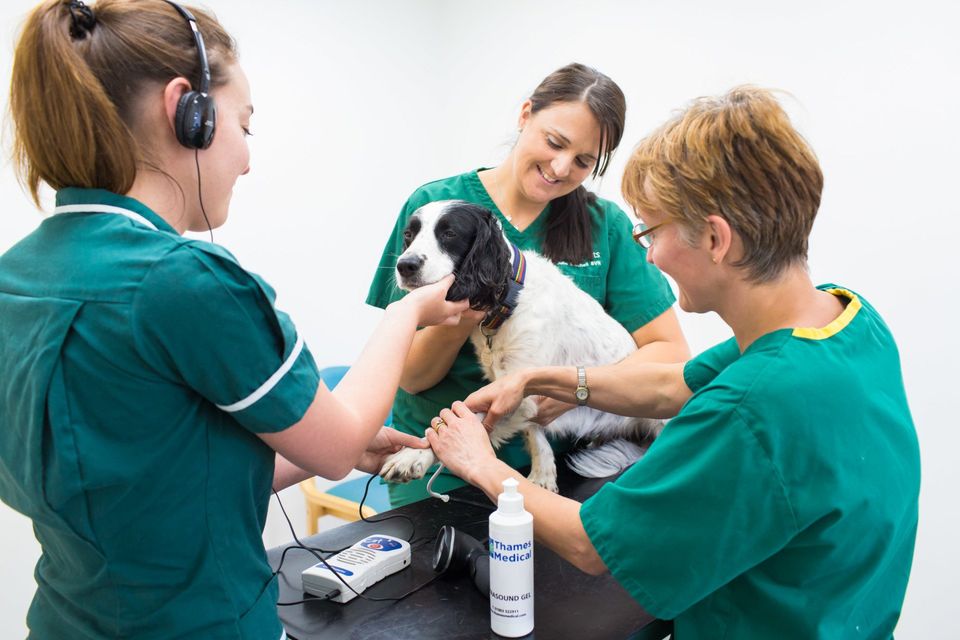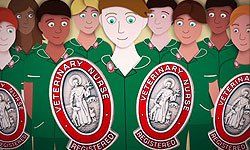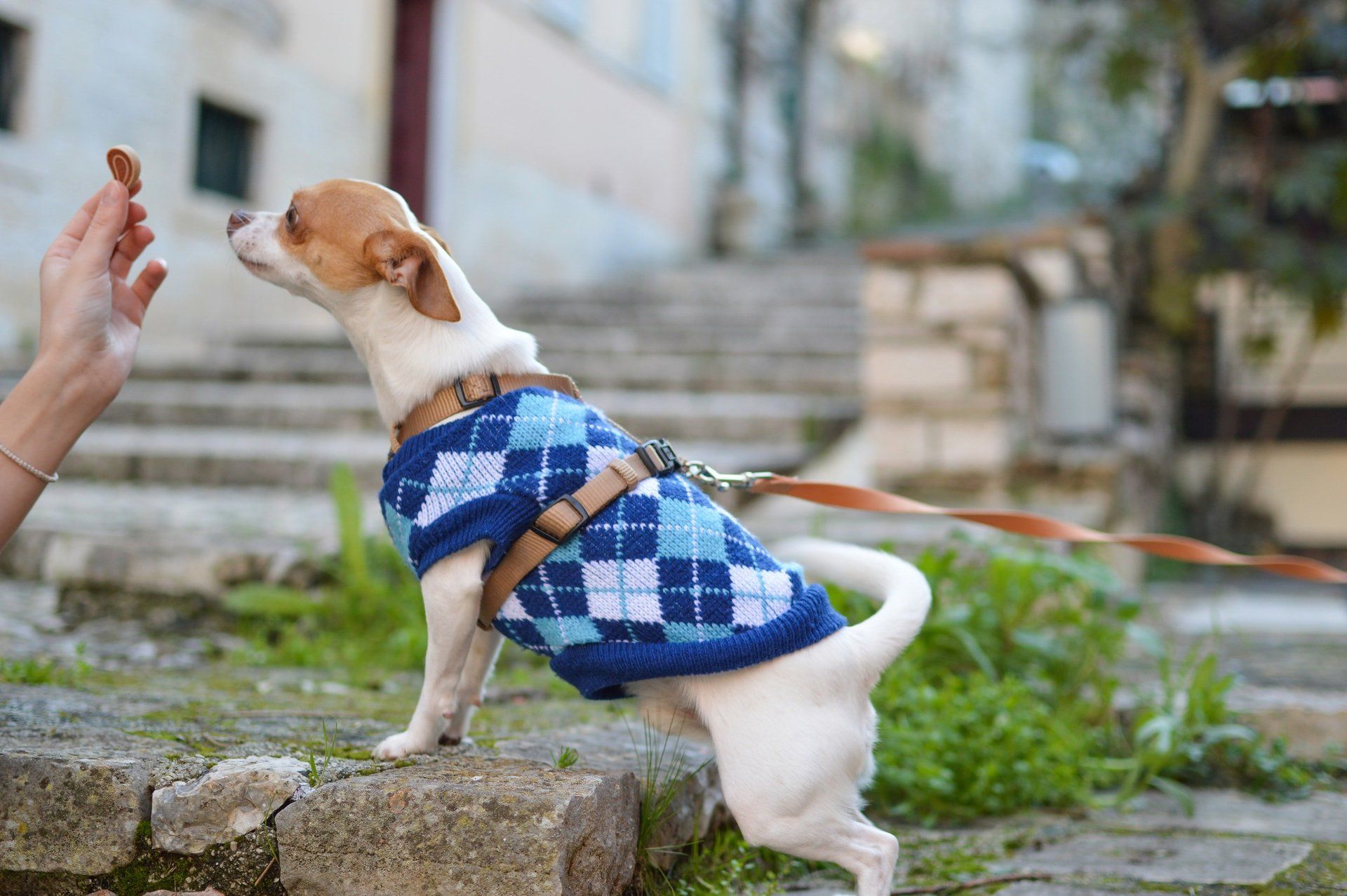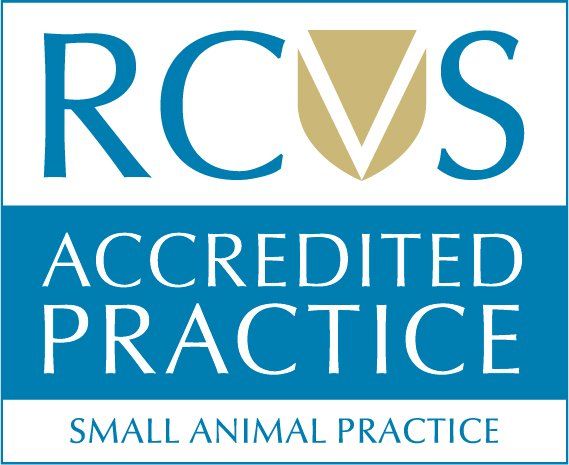Veterinary Nurse Awareness Month
Veterinary nursing awareness month (VNAM) takes place throughout May. Aiming to spread the word about the importance of the role of the Registered Veterinary nurse. This month we will be celebrating the work of our very own Registered Veterinary nurses and everything they do.
SO WHAT DO VETERINARY NURSES DO?
Veterinary nurses play
a key role in the practice and are vital members of the veterinary
team. They carry out technical and diagnostic work; even minor
surgical procedures under the veterinary surgeons direction. As well
as working in the prep room, theatre and kennels. Veterinary nurses
can be found in the consulting room, in pharmacy and on reception
giving out vital advice to pet owners. Generally they are all over
the place, juggling multiple jobs! Including laundry, cleaning and
making tea!
Typically our nurses
also run clinics throughout the week. They take the lead on weight
clinics, nail clipping, anal gland expression, dental checks,
behaviour queries, dressing changes, post operative checks and suture
removal. Along with blood pressure checks in elderly cats and even
talking about End of life. Every clinic is structured and if needed a
vet is on hand for a second opinion. A nurses aim is to become a
friend to both the client and of course the pet.
WHO’S LOOKING AFTER YOUR PET WHEN THEY’RE HOSPITALISED?
Vet visits can be
traumatic for both pets and owners, so knowing who’s looking after
your pet can be reassuring. Whether your pet is staying for a routine
procedure, major surgery or emergency treatment. RVNs are responsible
for carrying out the nursing care when working alongside the
veterinary surgeon. Vet nurses undertake a wide range of tasks
including giving medication, monitoring vital signs and intravenous
fluids, taking bloods and most importantly giving cuddles! Their list
of duties is endless.
RVNs are also trained
to assist the veterinary surgeon surgically. As part of the surgical
team and monitoring the levels of anaesthesia closely throughout the
procedure. Their training helps them to recognise the stages of
anaesthesia, potential problems and ensure a steady recovery. If the
vet needs a second pair of hands to help during a difficult
procedure, the nurses will be on hand to scrub in and assist the vet
where necessary.
Any in-house laboratory
tests are usually also performed by the nurses. They will take the
blood samples, run them, calculate a PCV and hand the results over to
the vet for interpretation. Other in-house tests the nurses will
perform are urinalysis and microscopy.
Veterinary nurses are a
crucial part of a patients recovery and support to the veterinary
surgeon. In the last 58 years Veterinary nursing has come a long way.
So here's to all the Veterinary nurses and Student Veterinary nurses,
past, present and in the future!
JURASSIC VETS SIDMOUTH
01395 208620
contact@jurassicvets.com
12 Woolbrook Road
Sidmouth, EX10 9UU
OPENING HOURS
- Mon - Fri
- -
- Saturday
- -
- Sunday
- Closed
JURASSIC VETS COLYTON
01297 613000
contact@jurassicvets.com
Town Mill,Rosemary Lane
Colyton, EX24 6LS
OPENING HOURS
- Mon, Fri
- -
- Tue - Thu
- -
- Sat - Sun
- Closed
Jurassic Vets Limited - registered in England and Wales | Company Registration Number 12993183 | Registered Office: 12 Woolbrook Road, Sidmouth, Devon, EX10 9UU
